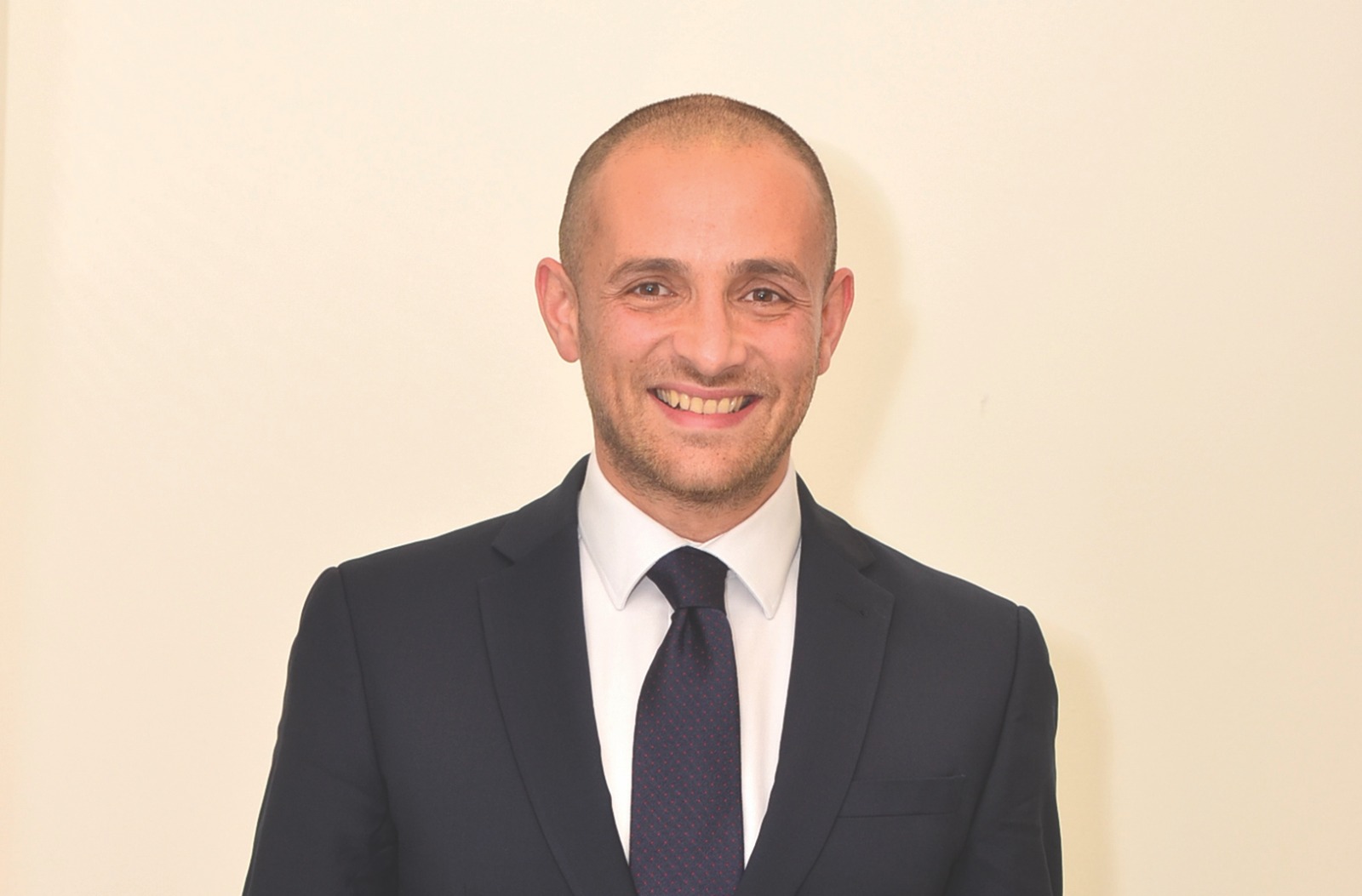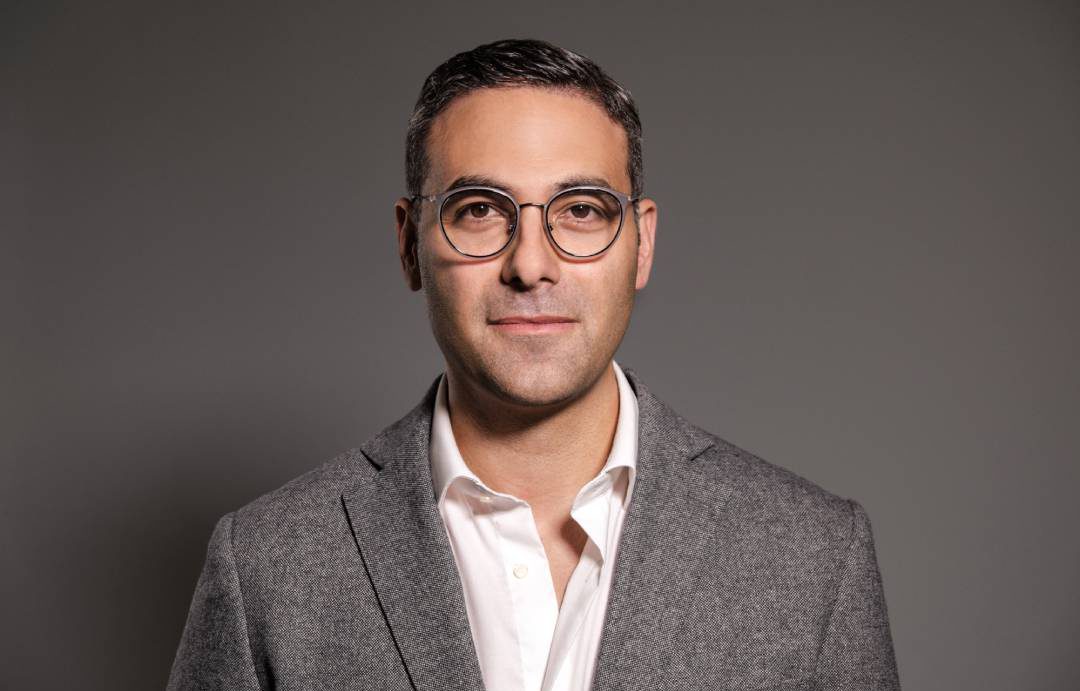Matthew Zampa, co-Founding Partner of Zampa Debattista, believes Malta has already addressed various shortcomings in the past year, with a view to creating a robust regulatory environment to combat money laundering, financing of terrorism and tax evasion, but that several areas still demand attention if the country is to get off – and stay off – the FATF grey list.
“All sectors are effectively connected and will be impacted in varying degrees,” he says in comments featured within the Cover Story for the recent edition of Business Now magazine.
“Some will be more affected than others, but all will experience a general shrinkage, at least in the short term. Government will also suffer since less revenue will be generated from direct taxes,” he notes.
“Thus, the next year does not look great for businesses but there will still be opportunities to be exploited. At this stage I feel we should consolidate on the good things we have created, focus on creating value when rendering services and become more specialised by tapping into more valuable niche areas.”
Mr Zampa concludes by stressing that the greatest challenge ahead for the country is restoring its reputation and taking concrete steps towards getting our house in order, assessing its systems and procedures with a view to making them more robust.
“We must be prudent and humble as a jurisdiction and work hard, as we have always done in the past. All the while, we must keep in mind the weaknesses that brought us here and identify long-term solutions that will ensure we get off the list and reduce the chances of a relapse.”
This interview forms part of a larger cover story which appeared on the latest edition of Business Now magazine.
‘My vision is not just to meet local standards, but to exceed them’ – Dr Anna Maria Fenech Magrin
The Medical Director at DoctorAM Clinics is bringing all of her knowedge and experience in the field of aesthetic medicine ...
Addressing skill gap in advanced technology will be 2024’s primary challenge – EBO.ai CEO Gege Gatt
During an interview from our latest series, the AI expert says he wants to align his personal growth with that ...
Charlene Sciberras’s journey to CEO ‘reshaped’ her approach to leadership and ‘honed’ her abilities
In our end-of-year series, she states that her promotion to CEO back in March was a ‘pivotal and transformative experience’ ...
‘Success is a shared journey, not a solo endeavour’ – VentureMax CEO Justin Paul Anastasi
In the latest article from MaltaCEOs.mt’s interview series, the VentureMax CEO says 2023 was ‘transformative’, yet also equally ‘intense’ and ...











